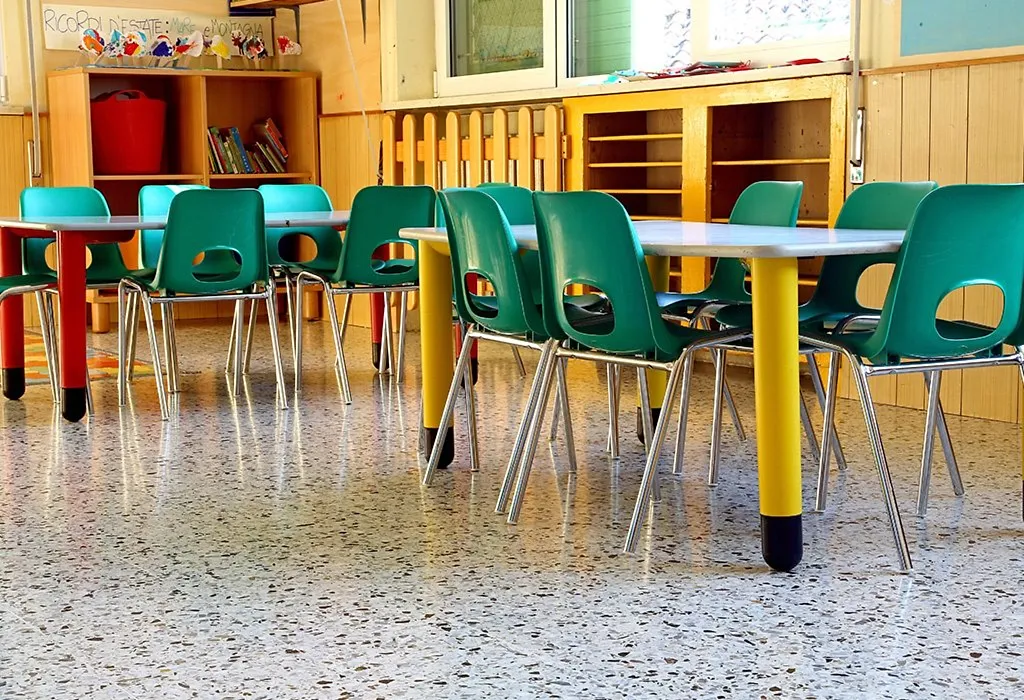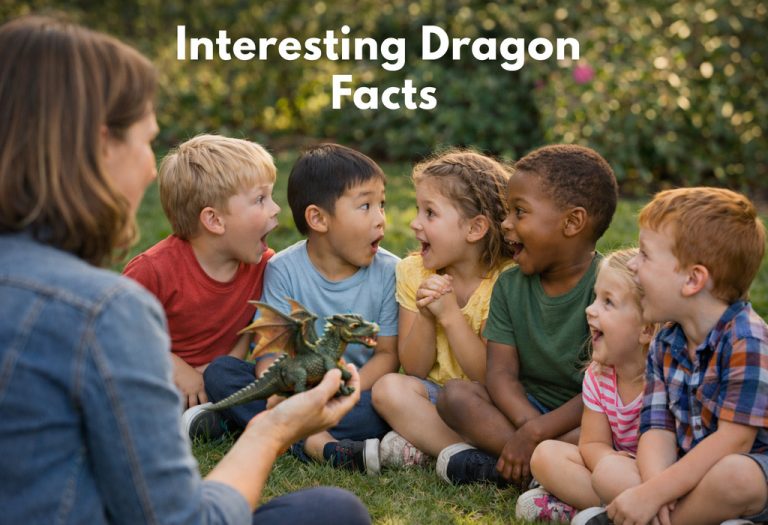12 Tips for Choosing a Good School for Your Child
Schooling is the most important phase of a person’s life, shaping their future and laying the foundation for their success. Everything they become as adults has its roots in their schools, from their knowledge to their values and social skills. Choosing the right school for your child is a crucial decision that can significantly impact their growth and development. Finding the right school for your child that aligns with their intelligence, creativity, and temperament can make all the difference in their academic performance and overall success in life. A well-suited school nurtures their strengths, boosts confidence, and prepares them for future challenges. Continue reading to get a good idea of how and which school to choose for your child.
How to Choose a School for Your Child in India – 12 Things to Keep in Mind?
Here are some tips to narrow down your choices when it comes to selecting a school for your child:
1. Do Your Research
Before filtering out the schools you may be interested in, have a precise idea of what works best for your family and your child. What kind of environment does your child enjoy working in, a structured or an unstructured one? Does your child need extra attention? Armed with precise answers to questions like these, you can make a list of schools that meet your needs. School websites and prospectuses will give you plenty of information to help add the schools to your list. Also, talk to like-minded parents and ask them for suggestions.
2. Affordability
It goes without saying that great schools come at a higher price. Therefore, are you able to afford the fees without overly stretching your budget and straining your family? You may even want to look around for schools that have a reasonable fee structure and offer good academic training, even if they are low on sports and extracurricular activities. The latter can be supplemented at home or through coaching outside of school.
3. Core Values of the School
Try to figure out what their philosophy towards education is. Have a talk with the school principal to get to know what their approach toward schooling is. Do they believe only in academic excellence, or educate children by giving them ample opportunities in other areas, such as arts and sports?
4. Does It Meet Your Child’s Needs?
Take into consideration the school’s particular approach to teaching and learning. Your child may be a slow learner in certain subjects. Does the school offer enough support for such students? It’s also possible that your child may be a bit of a prodigy. Can the school offer challenging programs or creative outlets in such instances to help them reach their full potential? Keep your evaluation for the long haul and not just the current year, and shortlist schools that would match with your child’s personality.
5. The Infrastructure
Do they have adequately sized playgrounds that cater to games and sports events? Are the classrooms inspiring, tidy and well-maintained and display any work done by the students? Are the overall school premises maintained well, and do they have clean bathrooms? These are some of the questions you need to examine regarding the infrastructure.
6. School Curriculum
There are curricula from boards such as CBSE, ICSE, IGCSE, IB, state board, etc., which one does the school teach? Of importance are subject combinations and electives offered in higher classes, such as 11th and 12th. Does the school board differ from primary to high school, and does the school offer more than one curriculum? Also, till what grade is the school? If the school has only the primary grades, you may have to change in the future.
7. Academic Performance
Although extracurricular activities and divergent learning are much needed for the child’s growth, their academic performance is just as important. Compare the school’s average exam scores at the district and state levels. Look into how many ranks they have secured and their trend; have the ranks risen or fallen, and what may be the reason for that? A good record of ranks is an indicator of the quality of coaching in the STEM (Science, Technology, Engineering, and Mathematics) area. Also, ask the school about how their best students have fared in their higher education.
8. Pay a Visit to the Schools
The websites and brochures give you a good understanding of how the school is, but nothing beats the actual visit to see for yourself. Make an appointment for a visit during the regular school hours. If you can, visit a few classes, the library and the playground to get a sense of how the schools run. If they allow it, attend a parent-teacher meeting, an open house or a school function, which can provide you with valuable information about the attitudes of the parents, staff and students.
9. Teachers and the Staff
On your visit, probe into the quality of the teachers in the school and ask about their qualifications, experience, teacher training, and teacher turnover. Look into whether the schools have a full-time specialised staff, such as a psychologist or a speech therapist. Pay close attention to what the teachers and other staff say about the school. Since they are the closest adults to the children, it’d be helpful to know their attitude and dedication toward teaching and their work. Make it a point to look into the background of the principal; a great principal can make all the difference to the school.
10. Talk to the Parents and Students
While the staff may paint the best picture possible about the school, the students and their parents will tell you about the school as it is. If you can find students who study there and talk to their parents, you can extract information about the true quality of the school. Ask if the staff is responsive enough towards all the needs of the students and how good their communication is with the parents. This information can help you make up your mind about opting for the school or not.
11. Transportation and Safety
Examine the school’s transportation system, including route coverage, vehicle safety standards, and attendant provisions. Review emergency protocols and security measures implemented on campus. Verify staff training for handling medical emergencies and natural disasters. Consider commute times and their potential impact on your child’s daily routine and energy levels.
12. Future Readiness
Evaluate how the school prepares students for higher education and career challenges. Investigate college counselling services, internship opportunities, and industry tie-ups. Assess the institution’s focus on developing 21st-century skills like critical thinking, digital literacy, and emotional intelligence that will serve students beyond academic life.
FAQs
1. How does the teacher-student ratio really matter for my child?
In schools, the ideal teacher-student ratio should be 1:25 or lower, especially for primary classes where foundational learning happens. Always physically verify classroom sizes during admission visits, as actual numbers often differ from advertised ratios.
2. How can I tell if a school’s ‘modern teaching methods’ are actually effective?
Look beyond smartboards – ask how often teachers use activity-based learning in daily lessons. Check if the school has proper teacher training programs for new methodologies. Effective schools balance traditional academic rigour with modern techniques rather than completely replacing conventional teaching.
3. What happens if my child struggles to adjust?
Most good schools offer 1-3 month adjustment periods with regular parent-teacher meetings. They typically have counselling support and remedial classes for struggling students. Be aware that many premium schools have strict withdrawal policies with heavy fee penalties, so read the fine print carefully before admission.
Follow these tips when choosing the best school. With good research based on the tips, you can confidently decide on the best school for your child.
Also Read:
Alternative School
Homemade Vs Public School
Tips to Choose School for Gifted Child
Was This Article Helpful?
Parenting is a huge responsibility, for you as a caregiver, but also for us as a parenting content platform. We understand that and take our responsibility of creating credible content seriously. FirstCry Parenting articles are written and published only after extensive research using factually sound references to deliver quality content that is accurate, validated by experts, and completely reliable. To understand how we go about creating content that is credible, read our editorial policy here.














.svg)
















